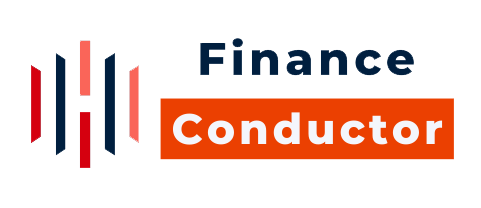A loan is a financial transaction in which a person lends funds to another person for future payment. When someone lends you money, you become their debtor and must repay the loan plus interest. The loan’s evidence of debt will typically detail the sum borrowed, the interest rate being charged, and the due date for return.
1. Secured loan

Security, i.e., tangible security correctly charged to the Bank and not including intangible securities such as guarantees, is required to get a secured loan from the lender. Banks will take as collateral items of a high market value, such as real estate, vehicles, securities, jewellery, etc.
The interest rate for secured loans tends to be cheaper, and the loan conditions are more flexible. This is why the lender takes on far less risk when the loan is secured by collateral. However, because of the unpredictability of life, there may be occasions when you cannot afford the EMI payment that is due every month.
The lender has the legal right to seize the collateral if the borrower fails to make the required instalment payments on a secured loan. This is done to help the lender get back some of the money you borrowed. If you need to catch up on your EMI payments, most lenders will give you three months to get current again.
Eligibility Criteria for Secured Loans
While the legal age to enter a contract is 18, the minimum age to open a bank account is usually 21. Anyone from regular employees to freelancers to professionals to corporations is welcome to apply. Farms and HUFs can apply for loans.All loans require security with a value at least equivalent to the transaction. The next step is to use this asset as security for the loan.
2. Unsecured loan

In contrast to secured loans, borrowers of unsecured loans are not required to pledge physical assets as collateral to the lender. Due to the lack of security, the interest rates on these loans may be greater than secured loans. Your repayment capacity is a primary consideration for lenders when deciding whether or not to extend credit. Your look at things like your CIBIL score and bank statements to do this.
When you apply for an unsecured loan from a bank, they will look at your credit history, job history, and references. Lenders also analyse your current indebtedness and your monthly income; an unsecured loan could be the perfect solution if you need to borrow money but have nothing to use as security.
Eligibility Criteria for Unsecured Loans
An applicant’s employment status should be stable. Their career history greatly influences an individual’s ability to obtain an unsecured loan. Individuals with at least two years of professional service or five years of earning tenure as a sole proprietor.
Borrowers in the paid workforce must be at least 21 years old, but those in the unpaid force can be anywhere from 25 to 65 years old. Loan eligibility is heavily dependent on the most recent financial accounts. Thus, they should be submitted alongside the loan application.
A customer’s credit record heavily influences eligibility, interest rate, and loan quantity. The lending bank will also consider your current outstanding loan EMIs when establishing the maximum loan amount, you can receive.
Secured loan vs Unsecured loan
If both meet your needs precisely, you have two excellent choices. A secured loan is preferable for the lender since the borrower has provided collateral to cover any losses. In contrast, an unsecured loan is preferable for the borrower because there is nothing of value at risk in the event of default.
The trick is to put one’s mind in the correct place before submitting the loan application. Loans such as those for cars, schools, individuals, and consumers are tailored to serve the express needs implied by their titles. Without security, you should be prepared to repay your loan at a higher interest rate in less time. Therefore, the choice should be made based exclusively on your needs.
Conclusion
You can shop for the best interest rate when you know what kind of loan you need. Before deciding on a lender, it’s a good idea to shop around and see the interest rates various banks and NBFCs offer. You should check out a few sites to compare features and interest rates. It would help if you reached your options and then submit an application for a loan to the financial institution that best meets your needs.
